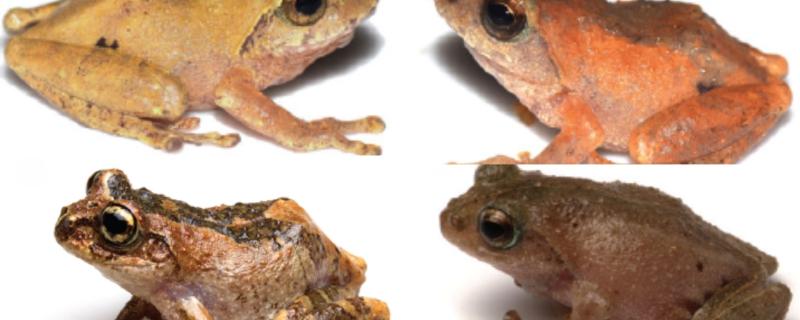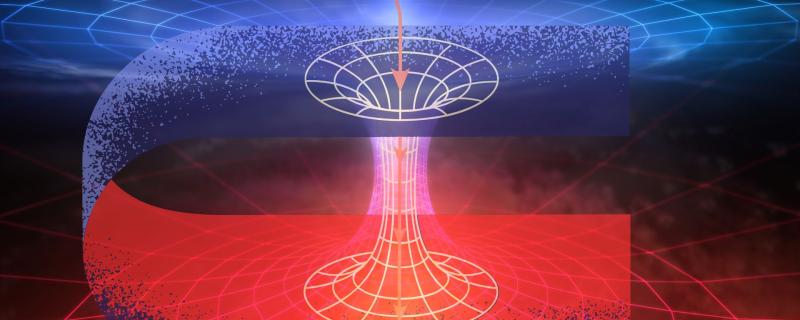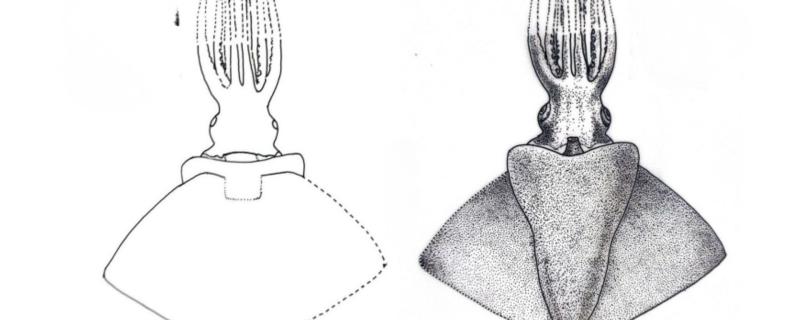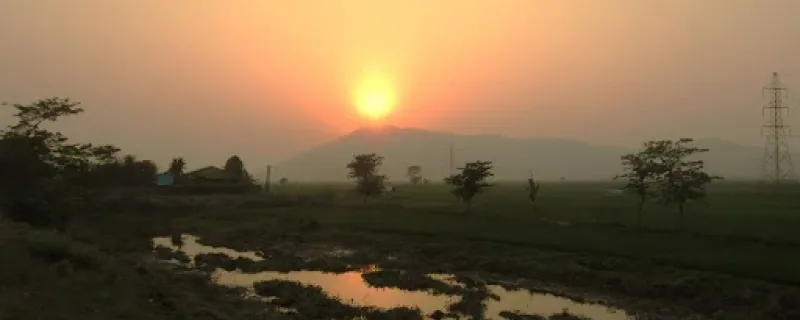A new species of damselfly, the Kodagu Shadowdamsel (Protosticta sooryaprakashi), sporting vibrant sky-blue markings, has been discovered in the biodiversity hotspots of India’s Western Ghats.
The Indian Institute of Science Education and Research (IISER) Pune on Tuesday launched the VOICE Fellowship 2025
Pune/
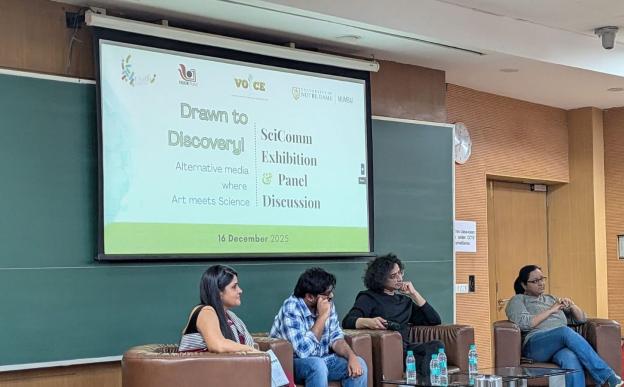
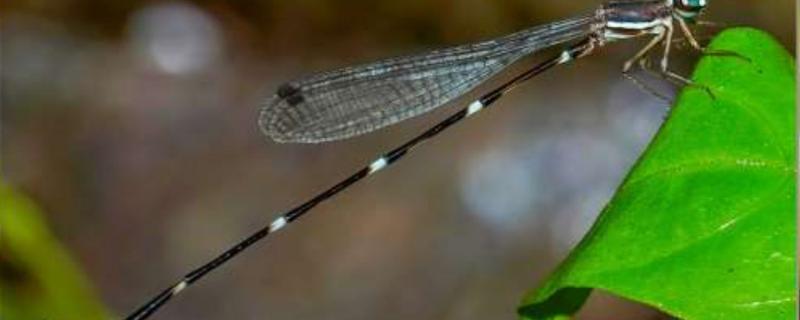
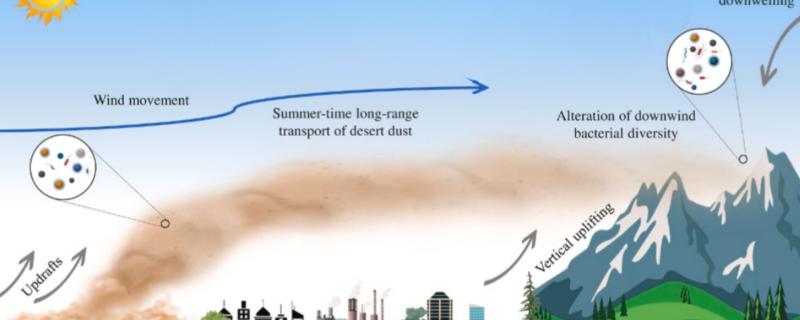
![An image of concrete tetrapods used as wave breakers to prevent beach erosion. [Credits: Pexels] An image of concrete tetrapods used as wave breakers to prevent beach erosion. [Credits: Pexels]](/sites/researchmatters/files/styles/large_front_800x320/public/pexels-francesco-ungaro-12634488.jpg?itok=WOWysdX1)
